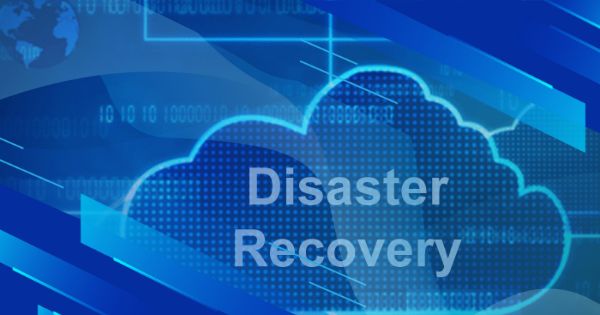
Free Consultation
- How long does it take to become compliant?
- How much does it cost to become compliant?
- What are the benefits of compliance?

Healthcare organizations must create and execute contingency plans as mandated by the Health Insurance Portability and Accountability Act (HIPAA). These plans are essential to guarantee the continuity of business operations in the face of natural or man-made disasters, enabling the organization to function seamlessly until regular services can be restored. An integral component of contingency planning is the implementation of a HIPAA disaster recovery plan. In the event of a disaster that obstructs access to systems housing patients' protected health information, the HIPAA disaster recovery plan comes into action. This plan encompasses a set of policies and procedures, assigning specific responsibilities to staff, with the aim of ensuring a swift and efficient response and recovery process.
Beyond addressing on-premises hardware and endpoints, the plan must encompass cloud-based databases, applications, and websites. Numerous cloud service providers extend a variety of disaster recovery services, aiding healthcare organizations in fulfilling their compliance obligations and expediting the recovery of their cloud resources. Managed HIPAA disaster recovery services commonly incorporate backup services for both public and private cloud services. The provision of always-on protection guarantees continuous data backup, allowing recovery to the point when data access was disrupted.
By implementing robust contingency and disaster planning, healthcare organizations can minimize the impact of outages, cyberattacks, and natural disasters. This proactive approach ensures that recovery is swift and occurs within the shortest possible time frame.
A HIPAA disaster recovery plan occurs when a hospital transitions into its emergency operations mode. This mode entails adhering to pre-established, rigorously tested policies and procedures designed to uphold the security of health information and sustain business operations during the restoration of systems and services. Timely recovery is crucial, as prolonged recovery times escalate associated costs.
Backup solutions empower healthcare organizations to execute file-level, volume-level, and full bare-metal restorations, enabling the restoration of data from a specific point in time. These services prove invaluable for busy IT departments operating within constrained budgets and narrow backup windows, effectively mitigating the risk of data loss.
Hosting providers build considerable redundancy into their systems to support their disaster recovery services. If one server fails due to a cyberattack or hardware failure, it will fail over to a secondary, then tertiary server to ensure services are maintained. These servers are located in multiple geographically disparate locations to ensure that services can be maintained even in the event of a geographically widespread disaster or highly sophisticated cyberattack.
Quick & Simple
Whether you need to meet and maintain your compliance requirements, help your clients meet them, or verify supplier compliance we have the expertise and solution for you